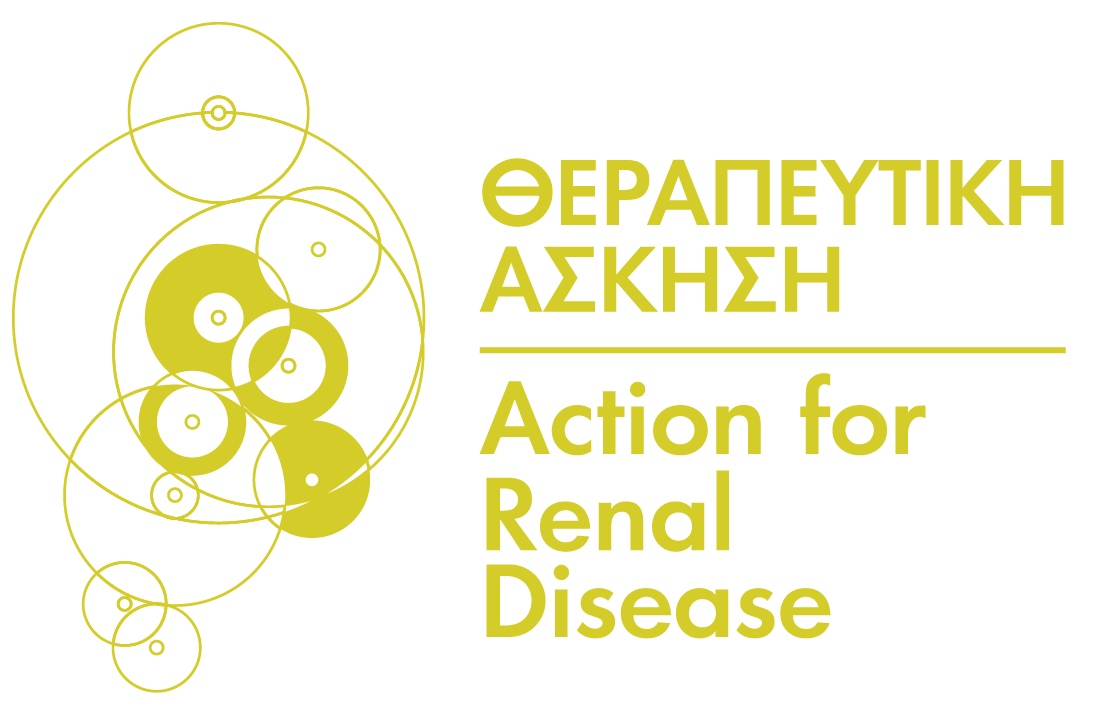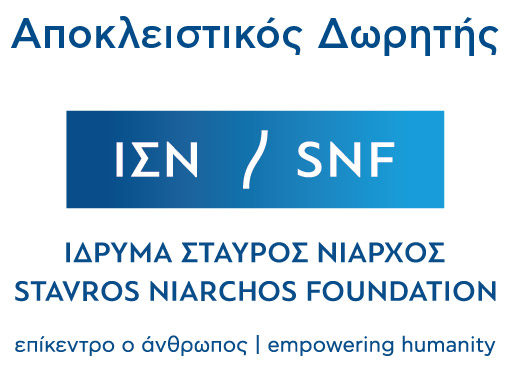Action For Renal Disease

The Sports Excellence (SE) of the 1st Orthopaedic Surgery Department of the School of Medicine of the NKUA, with an exclusive donation from the Stavros Niarchos Foundation (SNF), in addition to its contribution to elite sports (Pre-National, National and Olympic teams of all sports) and to therapeutic exercise programs for chronic diseases, supports the “Therapeutic Exercise – Action for Renal Disease” program for people with Chronic Renal Disease.
What is Chronic Kidney Disease (CKD)?
The kidneys play a key role in filtering waste and excess fluid from the blood. CKD is a condition characterized by the gradual loss of kidney function. As CKD progresses, these functions decline, leading to the accumulation of waste products in the body.
The Benefits of Exercise
Exercise plays also a key role in the management and potentially prevention of CKD.
• Prevention:/strong>: Exercise helps maintain optimal blood pressure and blood sugar levels, reducing predisposing risk factors that can lead to CKD.
• Slower disease progression: By improving cardiovascular health and metabolic parameters, exercise can potentially slow the progression of CKD.
• Improve overall health: Exercise boosts the immune system, improves sleep quality and reduces inflammation. Parameters that appear to have beneficial effects for CKD patients.
The benefits of exercise in CKD
• Physical function: Regular exercise enhances overall physical function and endurance, in all stages of the disease.
• Cardiovascular health: Exercise helps reduce the risk of treatment- and disease-related cardiovascular complications.
• Mental well being: Exercise elevates mood and reduces symptoms of depression and stress.
• End-stage CKD: Exercise during hemodialysis enhances the removal of toxins from the body, while in people with peritoneal dialysis it strengthens the immune system, reducing the risk of infections such as peritonitis.
Purpose: Providing a Personalized Program to Patients with Chronic Kidney Disease
The Purpose is to provide a safe and effective exercise regimen to patients with CKD, as well as to educate them about the broader and wider effects of exercise on the disease. This program aims to improve patients’ quality of life, improve their physical and mental well-being, and enhance medical treatment.
Mode of Operation of the Therapeutic Exercise Center
• Evaluation by a Doctor, Physiotherapist, Physical Education Teacher and Psychologist
• Monitoring of biochemical indicators at the start, during and at the end of the program
• Anthropometric control and body composition
• Assessment of fitness level
• Program start – duration 26 weeks (3 times a week)
• Creation of an electronic medical record
• Additional monitoring through on-line questionnaires
•At the end of each session subjective fatigue and performance will be recorded
• Patients who have completed 6 and 12 weeks (end of first midcycle) of follow-up will be re-evaluated
• Continuous Feedback
• Upon completion of the program (26 weeks), recommendations will be given for a three-month exercise program with the goal of continuing exercise
Patient Safety Priority
All exercise sessions are accompanied by continuous monitoring of the exercisers’ vital signs, so as to ensure adherence to the recommended exercise framework.
Expected Outcome for Participants
Participants can improve their physical and mental condition, reduce the feeling of pain and the side effects of treatments.
The exercise features are designed based on the latest scientific information.
The inclusion of exercise in the patient’s daily life improves his quality of life.
The strong points of the program are the direct access and the application of personalized therapeutic exercise methods.
Contact Us +30 695 5190 208
Email: info@sportsexcellence.gr

